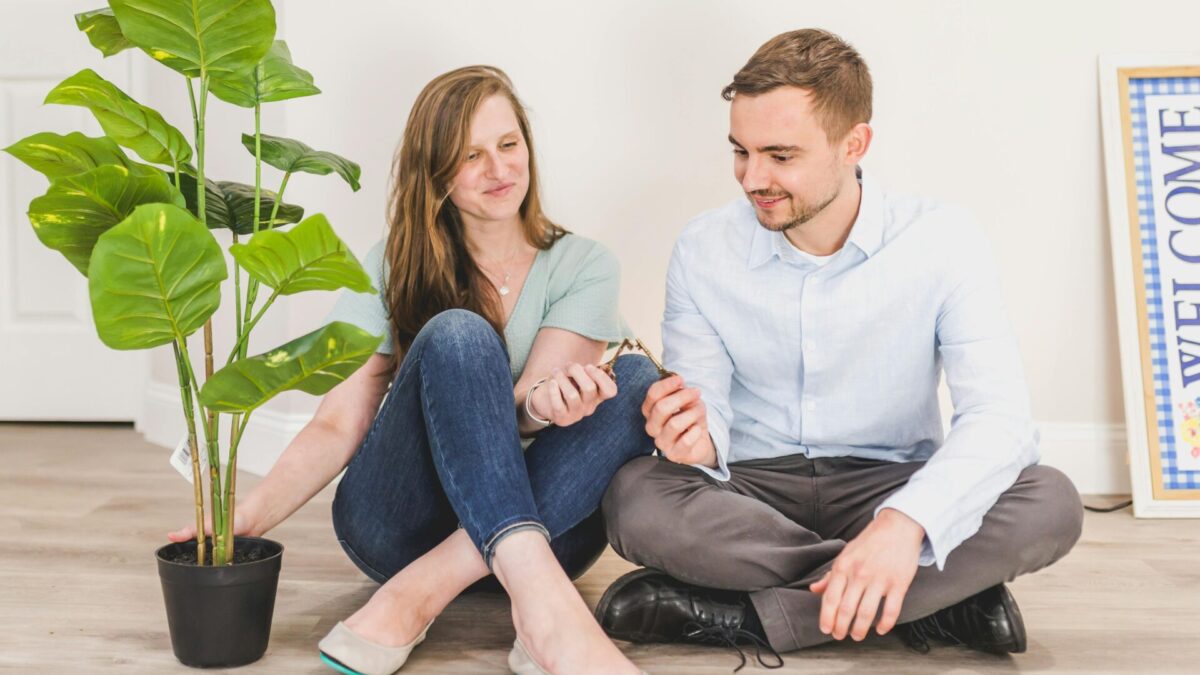Making the jump from renting to owning a home is one of the biggest financial milestones in adult life. It’s exciting—but it’s also expensive, and the transition takes planning. Between saving for a down payment, closing costs, and unexpected repairs, new homeowners often find themselves blindsided by hidden expenses. The key is to treat homeownership not just as a purchase, but as a long-term financial strategy that starts with smart budgeting.
Understand the True Cost of Homeownership
When you rent, your monthly payment is usually predictable. When you own, the costs extend far beyond the mortgage. Property taxes, homeowners insurance, maintenance, utilities, and repairs can easily add hundreds—or thousands—of dollars to your monthly budget. Before you start house hunting, use an online mortgage calculator to estimate your monthly payment and add 20–25% on top of that for hidden costs.
You’ll also need to consider closing costs, which typically range from 2–5% of the purchase price. On a $300,000 home, that could mean an extra $6,000–$15,000 upfront. Budgeting for these additional expenses keeps your finances steady once you move in.
Start With a Realistic Savings Plan
The first big step is building your down payment. While 20% is the traditional target to avoid private mortgage insurance (PMI), many first-time buyers purchase homes with as little as 3–5% down. The key is to start early and save consistently. Automate transfers into a dedicated “home fund” account every payday, even if it’s just $100 at a time.
If saving feels daunting, look into first-time homebuyer programs in your state. Many offer grants or low-interest loans that can cover part of your down payment or closing costs.
Strengthen Your Credit and Debt Profile
Your credit score directly impacts your mortgage rate—and even a small difference can cost or save you thousands over time. Before applying, review your credit report for errors and pay down high-interest debt. Lenders look for a debt-to-income ratio below 36%, meaning your total monthly debt (including your potential mortgage) shouldn’t exceed that percentage of your income.
If you have student loans or credit card debt, prioritize paying them down before applying. The less debt you carry, the more house you can afford comfortably.
Plan for Post-Purchase Expenses
Once you close on your home, the spending doesn’t stop. Furniture, appliances, security systems, and small renovations add up quickly. Budget at least 1–2% of your home’s value annually for maintenance and unexpected repairs. If you buy an older property, bump that to 3%.
Setting aside a “home emergency fund” will help cover surprise costs like a leaking roof or broken HVAC without wrecking your monthly budget. This fund is separate from your general emergency savings—it’s specifically for home-related issues.
Compare Rent vs. Own Wisely
Owning isn’t always cheaper than renting, especially in the first few years. But the benefit comes from building equity—the portion of the home you actually own as you pay down your mortgage. Each payment builds wealth for you, not your landlord.
When comparing costs, factor in long-term value. While rent payments disappear each month, mortgage payments contribute to an asset that can grow in value. If you plan to stay in the home for at least five years, the investment usually pays off through appreciation and tax benefits.
Don’t Forget Lifestyle Balance
It’s easy to get caught up in the excitement of buying a home and stretch your budget too thin. Aim to spend no more than 28% of your gross monthly income on housing. Leave room for travel, hobbies, and personal goals—you don’t want to feel “house poor.”
If you’re transitioning from an apartment to a house, expect higher utility bills, longer commutes, and maintenance responsibilities. Build those into your lifestyle plan from day one so you can enjoy the upgrade without financial stress.
Becoming a homeowner is a major life milestone—but it’s also a financial marathon, not a sprint. The leap from renting to owning is smoother when you plan for the full picture: upfront costs, ongoing expenses, and emergency reserves. By saving strategically, protecting your credit, and budgeting realistically, you’ll not only afford the keys—you’ll enjoy the freedom that comes with truly owning your space.
Owning a home isn’t just about having your name on the deed—it’s about stability, investment, and creating a space that grows with you. With the right financial foundation, that leap can be both confident and comfortable.
Unlock Full Article
Watch a quick video to get instant access.


Social Media